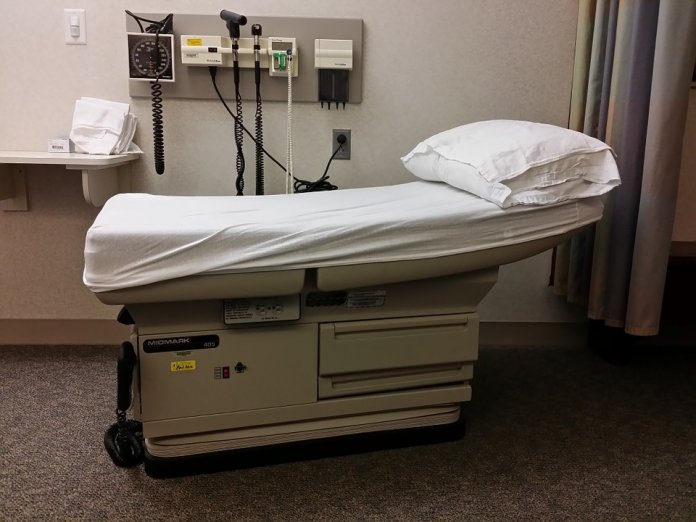By Susan Tebben
As the Ohio legislature comes back, abortion restrictions are back on the table in committees.
The House and Senate are both considering several bills on the topic, and a few of them have been moved on for committee consideration in the next few weeks.
As the coronavirus spread caused the need for more uses for telemedicine, one Senate bill seeks to prohibit the use of it as a method to receive medication abortion follow-ups.
Senate Bill 260 was passed by the Senate at the beginning of the year, and has now moved on to House consideration. The bill, sponsored by Sen. Steve Huffman, R-Tipp City, and co-sponsored by Sen. Theresa Gavarone, R-Bowling Green, had two Republican dissenters in the final vote: Sen. Stephanie Kunze, R-Hilliard; and Sen. Nathan H. Manning, R-North Ridgeville.
In the language of the bill, Mifeprex, a drug combination used to end pregnancy, could not be prescribed via telemedicine. Planned Parenthood and several other advocacy groups and medical professionals spoke out against the prohibition in lengthy Senate committee hearings earlier this year.
Another bill regarding the same medication is headed to the House Health Committee after being passed along party lines in the Senate. The lone Republican to vote against Senate Bill 155 was Sen. Stephanie Kunze, R-Hilliard.
Senate Bill 155, sponsored by Sen. Peggy Lehner, R-Kettering, would charge physicians with a first-degree misdemeanor for failing to disclose “developing research” on the “intended effects” of the drug, and that the effects could be reversed in the first two days. Medical professionals have criticized claims that these abortions can be reversed, and a study on the practice was stopped due to the risk to patients.
Also referred to a House Committee was Senate Bill 208, which would establish civil penalties for “failing to preserve the health or life” of a child “born alive following an abortion or attempted abortion.”
The bill is sponsored by Sen. Terry Johnson, R-McDermott, and co-sonsored by Gavarone, and was passed by the Senate in November with no Republican dissenters. The bill now heads to the House Criminal Justice Committee.




